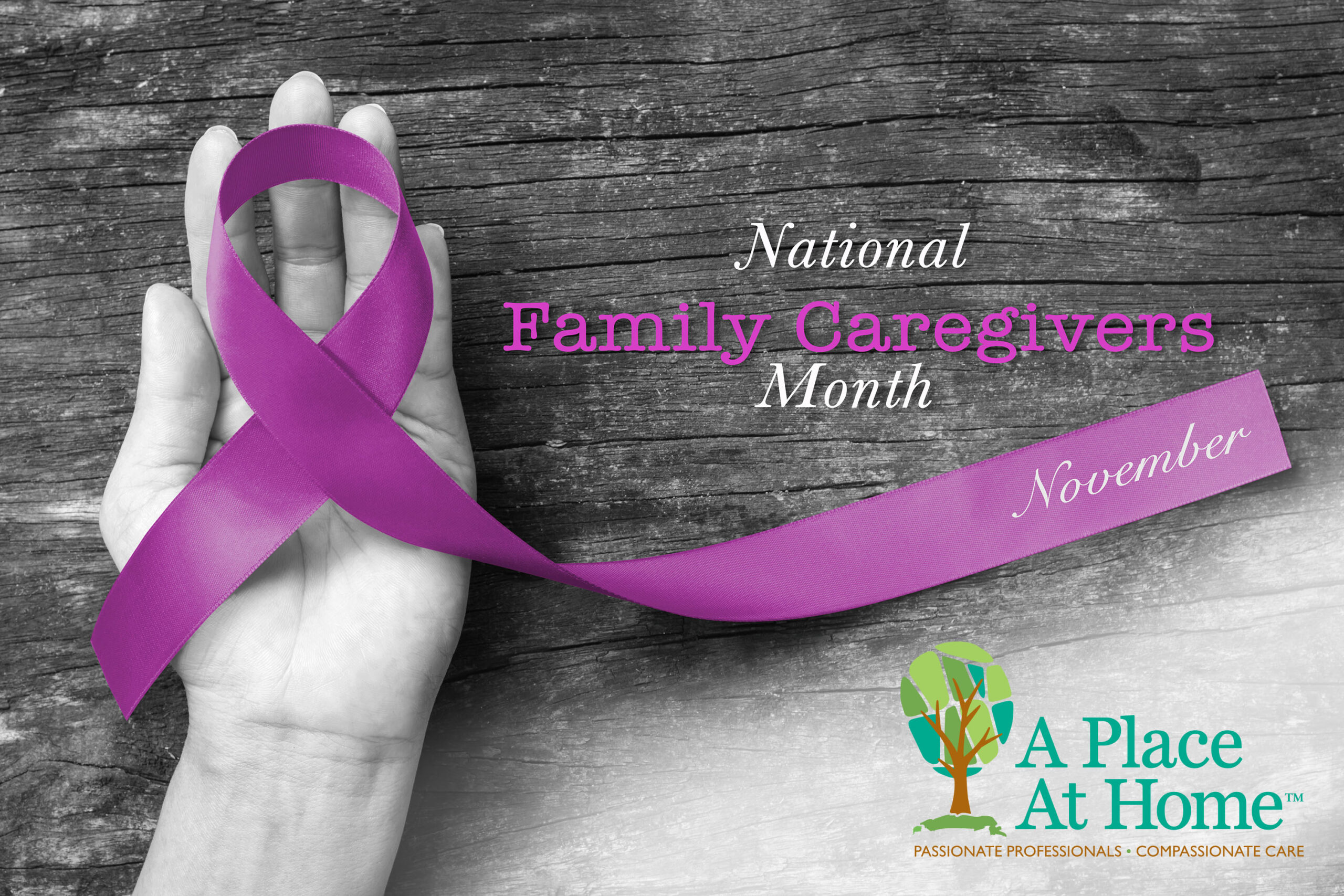Taking care of a loved one who has Alzheimer’s this holiday season? While being a caregiver is both challenging and rewarding, the holidays bring some special challenges and require a prepared, proactive approach.
Here are 10 tips to help you navigate the holidays while caring for someone with Alzheimer’s:
1. Find Ways Your Loved One With Alzheimer’s Can Be Involved
Just because your loved one has Alzheimer’s Disease doesn’t necessarily mean he or she can’t be involved in the holiday celebrations. Even if it’s something simple like packing holiday tins with cookies, assisting in decorating or wrapping gifts, or signing and sending greeting cards – it can mean a lot to the person doing it.
2. Write A Holiday Wish List
Some holiday gifts can be inappropriate or even dangerous for someone who has Alzheimer’s. So, take the time to create a wish list for your loved one this season. Get ideas from your loved one and others who know him/her, cross off anything that wouldn’t be a good idea given your loved one’s condition – and share the list online. Check out these gift ideas.
3. Let Others Know What To Expect This Holiday Season
Be sure to keep the whole family informed on all developments in your loved one’s Alzheimer’s condition. Let them know what he/she can handle and what he/she can’t. For example, patients with Alzheimer’s tend not to do well in conversations with multiple voices all going at once – one-on-one conversations are best.
4. Maintain Routine As Much As Possible
People with Alzheimer’s generally need to follow a pretty strict routine. It helps them avoid confusion, disruption, and needless stress. Thus, while there will be special events during the holidays, regular day-to-day activities should be maintained at all other times.
5. Consider A Holiday Lunch Or Brunch Instead Of Dinner
Alzheimer’s symptoms may be more prevalent during the evening hours, and it’s just harder on them to have guests over for a dinner party as opposed to earlier in the day. See if you can have people visit for a holiday lunch or brunch at Mom or Dad’s house instead of the (usually) more traditional dinner gathering. Or check with the Assisted Living community as sometimes Holiday meals may be offered.
6. Be Creative With Introducing New Holiday Traditions
Most of us tend to get stuck in a holiday rut, as it were, and the very thought of changing old holiday traditions may seem unsettling. But new traditions can be founded that accommodate the family member with Alzheimer’s and the fact you are spending a lot of time caring for him/her. Watching a favorite holiday movie together or meeting at a special restaurant are some examples.
7. Simplify The Holidays To Reduce Stress
As a caregiver, you will have less time to deal with the holidays than you may have had in the past. You don’t have to “skip” the holidays, but you probably do need to scale things back a bit. Little things like doing your Christmas shopping online or using gift bags instead of wrapping paper will save time and reduce stress.
8. Know Your Limitations & Ask For Help
Nothing can be more stressful than trying to do what you don’t feel qualified to do or what you simply can’t find the time to do. Ask other family members to help as needed and go to professionals for timely assistance and for help with anything outside your field of expertise.
9. Consider Holiday In-Home Care
You may not want to have your loved one move into a senior living community, or at least not yet while their condition is not too far along. De-stress the holidays by hiring in-home care and giving your loved one some special attention while you run errands. Contact A Place At Home – Omaha to learn how we can help your loved one during the holiday season and beyond where needed.
10. Join An Online Support Community
Finally, 10 tips are never enough – you need more! So be quick to join an online Alzheimer’s caregiver support community or talk with other caregivers to “pick their brains” for ideas and find resources, support, and encouragement!
In the end, it doesn’t have to be overwhelming for you and your loved one with Alzheimer’s. Remember that regardless of any memory issues your loved one lives with, it’s still important to include them in holiday events.


